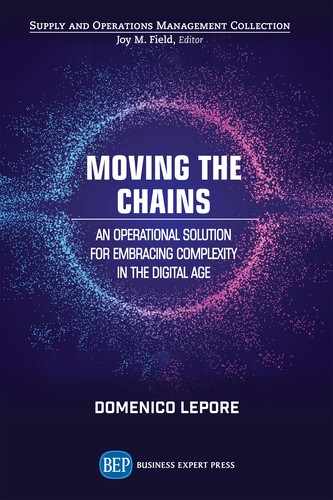Our world is increasingly digital and decentralized. We must therefore urgently rethink, structurally and operationally, how organizations are designed so they can adapt and compete in the digital age. This starts by understanding the problems raised by complexity.
Complexity, i.e., a reality that is highly interconnected and interdependent, is forcing organizations to experience an inherent conflict. They must protect the fundamental needs of accountability and growth and this can no longer be done through a traditional hierarchical/functional structure with its resulting silos, nor by abandoning hierarchy completely. The way out of this conflict is to acknowledge that an organization is
- A network
- Part of a larger network of value
Managing an organization as a network entails forgoing a command and control management style but at the same time requires a powerful mechanism to ensure that activities are properly coordinated and everybody in the network is accountable.
We can find a suitable organizational structure if we look at the fundamental elements that make up the work of an organization. Just as the key constituents of life are hydrogen, oxygen, carbon, nitrogen, phosphorus, and sulfur, we can say that the basic constituents of work are repetitive processes and one-off projects.
A new organizational design emerges that is based on the management of a complex, strongly interconnected network of projects.
What propels the performance of such a network are low variation processes and a finite capacity-based algorithm that allows a realistic allocation of available resources from a pool of competencies. This requires a complete shift from a “mechanical” mindset to a systemic one to overcome the command and control management style in favor of whole system optimization.
Designing organizations as networks of projects equips them structurally, operationally, and cognitively to optimize their interactions with larger networks of value through digital and decentralized transactions.
Keywords
Decentralized; digitization; complexity; organization design; network of projects; variation; W. Edwards Deming; Theory of Profound Knowledge; Theory of Constraints; systemic management; Future of Work; Collaboration; Project Management; Critical Chain; Network Thinking; Leadership; Management
